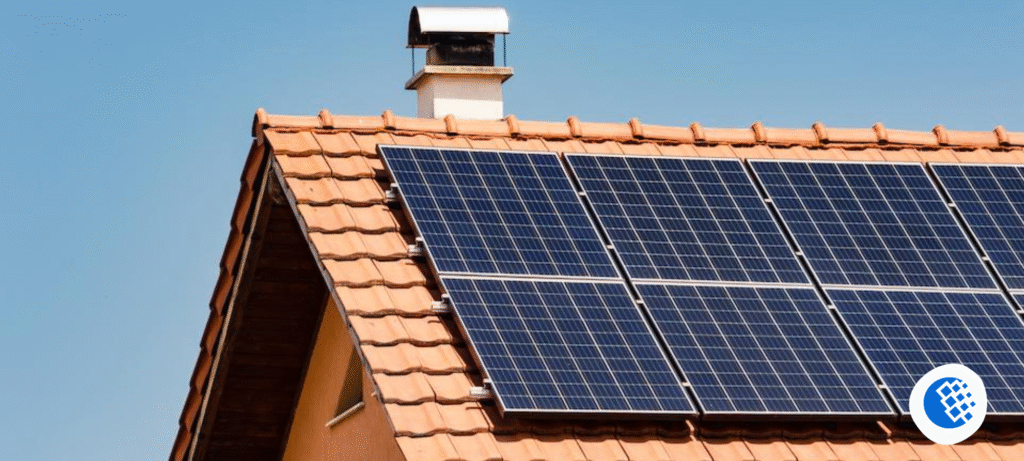Across the United States, residential solar power is transforming how families power their homes. Rising electricity costs, concerns about climate change, and the desire for energy independence are all driving homeowners toward solar solutions. From the East Coast in Pennsylvania and Virginia to the wide-open spaces of Texas, residential solar has become more accessible and affordable than ever before.
This article explores the benefits of residential solar energy, key considerations for homeowners, and highlights trusted providers in Virginia, Pennsylvania, and Texas who are helping communities make the transition to clean energy.
Why Residential Solar is on the Rise
The decision to go solar is no longer just about being environmentally friendly. Today, solar is a smart financial investment that adds value to homes while significantly reducing energy costs.
Core Drivers of Residential Solar Adoption
- Electric Bill Savings: Solar panels can reduce monthly bills by 50–80%.
- Home Value Increase: Solar-equipped homes sell faster and at higher values.
- Tax Credits & Incentives: Federal and state-level programs make solar more affordable.
- Energy Independence: Homeowners are less dependent on fluctuating utility rates.
- Sustainability: Families can actively reduce their carbon footprint.
Virginia: Expanding Residential Solar Services
Virginia is experiencing a solar boom, with residential installations leading the way. Many homeowners are investing in clean energy for their suburban and rural properties.
- Sunlight Advantage: Virginia gets enough sunshine throughout the year to make solar cost-effective.
- Community Awareness: Neighborhoods are forming solar co-ops to reduce installation costs.
- Support Programs: Rebates and tax credits make solar affordable for families.
For those ready to transition, trusted residential solar installation services in Virginia ensure systems are designed to meet each homeowner’s unique energy needs.
Pennsylvania: A Growing Hub for Residential Solar
Pennsylvania is proving that solar isn’t just for sunbelt states. With robust policies, financial incentives, and a strong commitment to sustainability, the state is seeing record numbers of homeowners making the switch.
Key Benefits of Going Solar in Pennsylvania
- Net Metering Policies: Homeowners can sell excess electricity back to the grid.
- Financial Incentives: State rebates combined with federal tax credits reduce upfront costs.
- Year-Round Savings: Even with four distinct seasons, solar panels work efficiently year-round.
- Eco-Friendly Communities: Many Pennsylvania neighborhoods are embracing green energy together.
Families looking to take advantage of these opportunities can rely on residential solar installation in Pennsylvania for reliable, customized solutions.
Texas: Leading the Way in Solar Expansion
Texas is one of the fastest-growing solar states in the U.S. Its combination of long sunny days, high energy consumption, and a competitive solar marketplace has made it a leader in residential solar adoption.
Why Texas Families Choose Solar
- Lower Energy Bills: Texas summers bring high A/C costs, making solar highly valuable.
- Statewide Growth: Both urban and rural homeowners are installing solar systems.
- Energy Security: Solar plus battery storage ensures backup power during outages.
- Competitive Market: Texans benefit from more choices and lower installation costs.
Choosing the right provider is key. A trusted residential solar panel installer in Texas can deliver systems that maximize efficiency and long-term savings.
Comparing Virginia, Pennsylvania, and Texas
| State | Key Advantage | Incentives | Market Trend |
| Virginia | Growing suburban adoption | Tax credits & rebates | Expanding rapidly in residential sector |
| Pennsylvania | Strong policies & net metering | State rebates & SRECs | Steady growth with community projects |
| Texas | Abundant sunlight & high demand | Lower costs via competitive market | Explosive residential adoption |
Tips for Homeowners Considering Residential Solar
- Evaluate Energy Needs: Review your average monthly usage.
- Check Roof Conditions: Roof orientation, shading, and space matter.
- Understand Financing Options: Look at purchase, loan, or lease programs.
- Work With Trusted Installers: Local experience ensures compliance and maximum output.
- Pair with Storage: Consider battery solutions for backup power and added independence.
Conclusion
Residential solar is no longer a future idea — it’s here now, delivering cost savings, energy security, and environmental benefits across the country.
- In Virginia, families can depend on professional residential solar installation services.
- In Pennsylvania, the growth of residential solar installation highlights how clean energy fits any climate.
- In Texas, homeowners can achieve true independence with the help of a skilled residential solar panel installer.
Together, these states prove that solar is not only about going green – it’s about building a smarter, more resilient, and affordable future for every homeowner.





